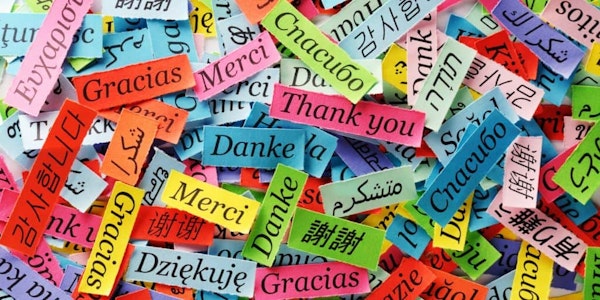Developing a multilingual mindset enriches one’s personal and professional life. It enhances communication skills, broadens cultural horizons, fosters empathy and understanding, and facilitates connections with a diverse range of individuals and communities. Embracing a multilingual mindset goes beyond the ability to use multiple languages. It is an attitude that anyone can adopt, regardless of their language abilities. By embracing linguistic diversity and adopting a multilingual mindset, individuals can tap into the immense benefits and joys of engaging with the world from the perspective of various languages and cultures.
Individuals with a multilingual mindset tend to be:
• open to new languages and cultures, demonstrating a curiosity and willingness to explore and embrace linguistic diversity;
• adaptable on their language learning journey, adjusting strategies and approaches based on the unique characteristics of each language they encounter;
• respectful to different languages and cultures, and empathetic to others’ linguistic backgrounds and experiences;
• self-aware of who they are and how they fit into their community, viewing individual differences as an asset to the community, and community differences as an asset to them;
• culturally aware of nuances associated with each language, and of the importance of cultural context in communicating effectively and bridging gaps;
• confident in using language and seeking opportunities to do so in various context, not afraid of making mistakes; and
• interconnected , appreciating that language is not just a means of communication, but also a window onto different ways of doing and thinking, which leads to a broader outlook on the world.
Having a multilingual mindset means recognising the value of language as a powerful tool for communication, connection and personal growth. It involves embracing the challenges and opportunities of engaging with people of various languages, and actively seeking to expand one’s linguistic repertoire.



